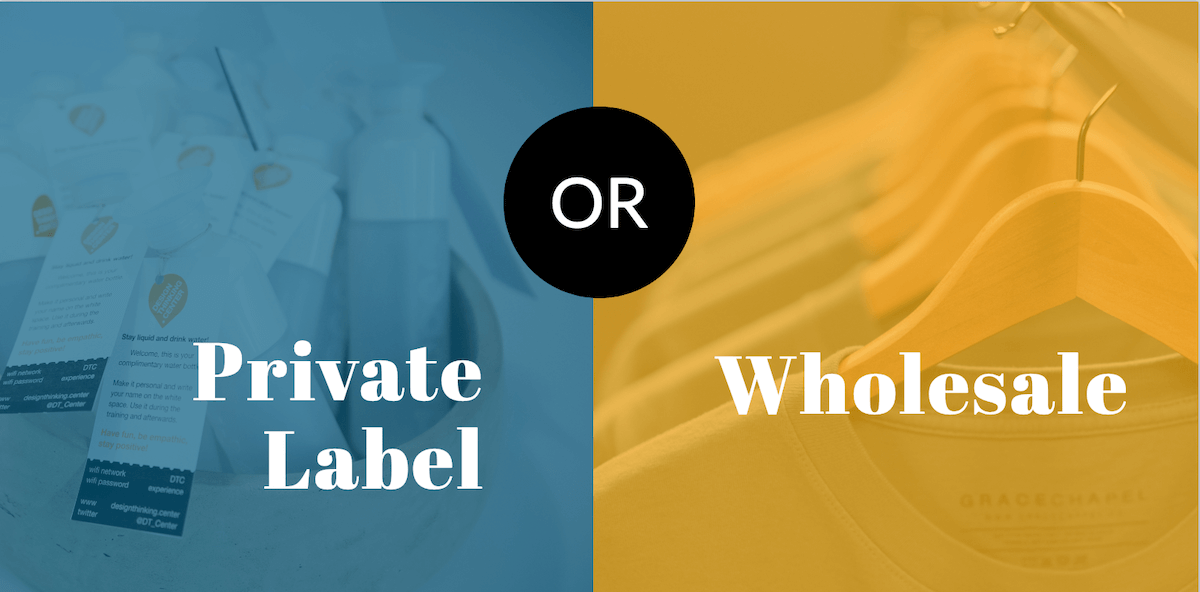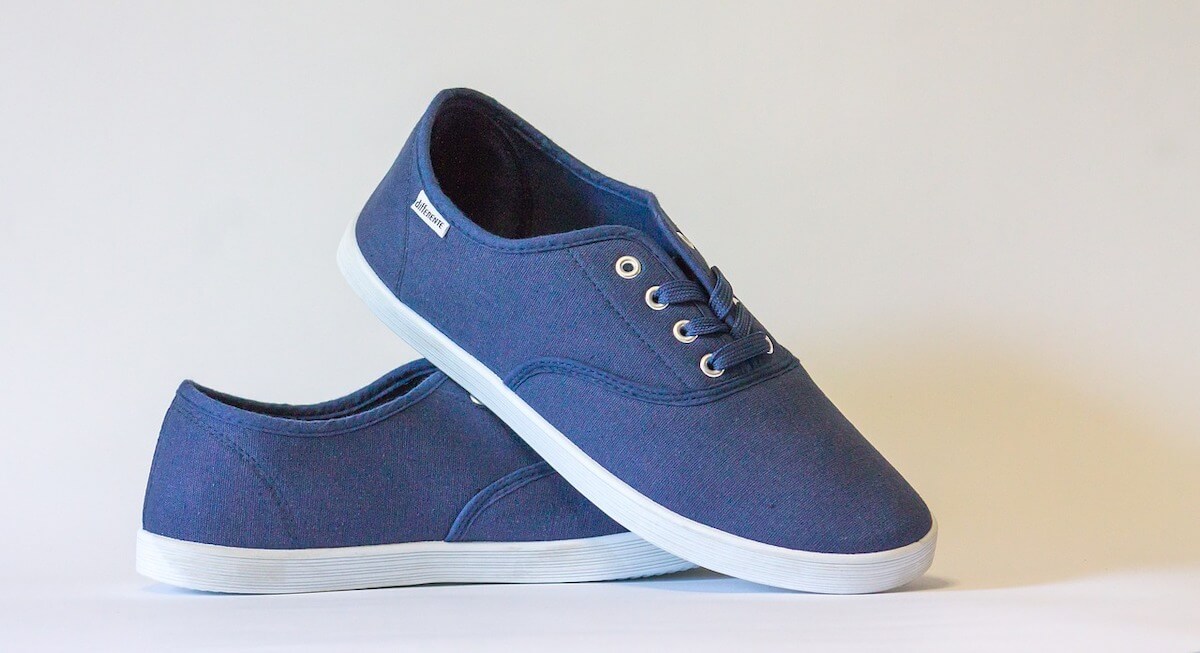
I saw a great question pop up in the Amazon Seller Forums this week.
I’m not looking for anyone to give up their deep, dark Amazon secrets, I’m just on the hunt for some basic information. My company is looking to launch a private label product on Amazon. Would we be better off selling wholesale first? What are the pros and cons of selling private label on Amazon versus selling wholesale products?
Last year, I was in this exact same boat. I had an idea of what I wanted to sell, but I had no idea where to get it. Should I buy I buy a product that already existed? Should I find a manufacturer to create it for me? For months I struggled to take the first steps because I didn’t want to put my time and energy into something that had the potential to fail
It took me more than 6 months of hardcore research before I finally jumped on the Amazon train. Here’s the deep dark secret I learned.
Amazon is simply a platform.
It’s much more important you find the business model that fits your personality, your time commitment, and your investment, than one that some guru tells you to follow. There are hundreds of ways to go about selling on Amazon, the key is simply finding weighing the advantages and disadvantages of each.
Here are few things I learned while making my decision. Hopefully they help you save a little time while you’re in the research phase of your Amazon selling journey.
Private Label

A private label product is manufactured by a contract or third-party manufacturer and sold under a retailer's brand name. For example, If you choose to sell a workout supplement, you would create a brand, customize the packaging to differentiate it from competitors and choose from any other options the manufacturer provided for you.
Essentially, it’s the same thing as big stores do -- Target’s brand is Up and Up, Kroger’s brand is Premium Selection. There are many multi-million dollar Amazon businesses who are private label selling -- it’s a great business model if you have a lot of expertise. The profit margins can be out of this world.
Here are a few perks of Private Label Selling
-
Building a brand from scratch -- you have complete control over reputation, customer service, etc. You’re starting a business that holds more monetary value than a wholesale business. If your brand is successful, you can choose to sell at a high price point.
-
Unlimited potential -- If you have lots of capital, you can create an extensive business very quickly. You're not limited by the number of products available. You can create anything you’d like, as long as you have the capital.
-
Less Competition -- Since the items are yours alone, you don’t have to share the buy box. If all of your legal ducks are in a row, you can also apply for Amazon’s Brand Protection program. This means nobody will be able to sell on your listings.
However, there are some major downsides as well:
After balancing these out, I realized private label was NOT for me at this point in my journey. I look forward to having more experience in a few years and reconsidering it. Here were the sticking points for me:
-
Competitors hijacking listings
-
The time commitment to creating Amazon listings/branding
-
Manufacturing and import lag
-
Having a competitor file a copyright/trademark infringement notice with Amazon
-
Trying to garner product review
Beyond this list, the biggest problem for me was the time and money commitment.. In order for it to be cost-efficient, most sellers order products from China in bulk. This means often hundreds or thousands of units at a time -- I simply didn’t have the cash or knowledge to throw all my eggs into one basket. If I happened to order the wrong product or get a bad supplier, I would risk being out on a big investment, which would kill my new Amazon business fast.
I have a friend named Rob who was a brand new Amazon seller. He decided to sell baby washcloth sets from China. He worked with a manufacturer to create beautiful sets. He was thrilled when 20,000 washcloths finally showed up at his door after 4 months.
He was thrilled for. For a few days, that is.
Every single washcloth had a defect. In his entire process, he only forgot one step -- he needed to hire an inspector to look at the product before it shipped out of China. He neglected this, and there was no recompense -- he was stuck with 20,000 fault washcloths. Let’s just say his wife wasn’t thrilled.
Even though it may be something I look at in the future, I decided private label wasn’t a good fit for a newbie. I couldn’t handle the logistics at this point. Instead, I chose wholesale.
Wholesale

Wholesale means buying inventory from a supplier. These items are already branded and generally come from well-known manufacturers. I’m not building anything from scratch -- people are already buying these products, I’m just jumping on the train. A few advantages are:
-
Products are likely to already have an Amazon listing made
-
Most products have an Amazon sales rank, which means they’re already selling
-
Low (or no) advertising cost, because the product is already an established brand.
These factors mean I have more competition and lower profit margins than private labeling, but but this can be made up in volume. Choosing items that are already well-established means I’ll sell a greater quantity. I can have hundreds or even thousands of wholesale products in my inventory. If I lose money on a few of them, the loss won’t be overwhelming.
A wholesale business can be up and running in as little as 10 days and can be scaled as quickly as you prefer. My journey is a great example of this... I’m trying to go from 0 to 5000 in just a few months. There are virtually no other businesses on the planet you can create that kind of success.
What kind of business do you plan to run? Let me know, or leave any questions, comments or inquiries below.
Keep earnin’ and burnin’.
Allee
